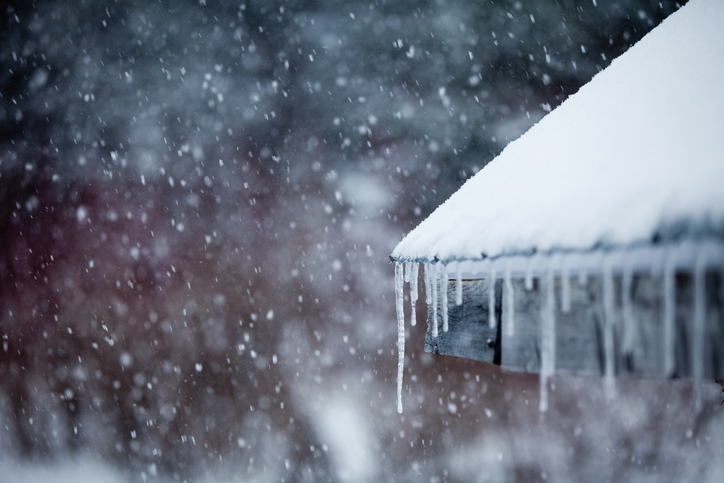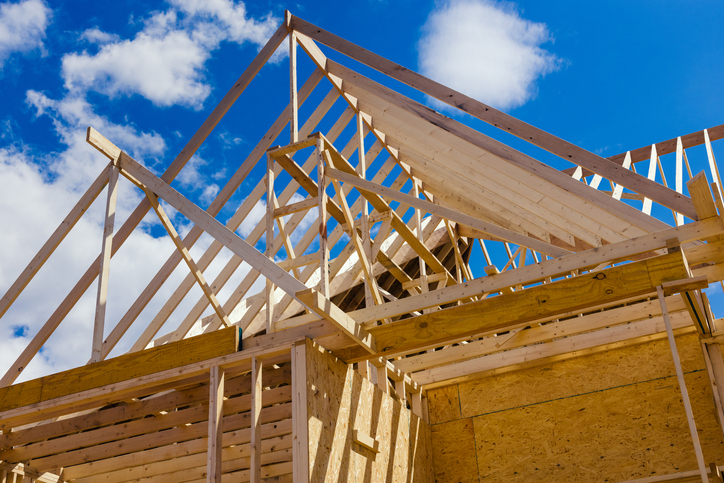
Pennsylvanians are no strangers to winter weather damage and damage that occurs when the temperatures shift drastically either way. Here are some tips from Vince Perri, founder and CEO of public adjusting company Elite Resolutions, on what to do before, during and after damage occurs to your home.
1. Know What to Expect.
Pennsylvania residents are likely familiar with winter weather, but new homeowners may not know what kinds of damages their home can incur during the winter (and early spring) months. Frozen pipes and damage from snow and ice storms may immediately come to mind, but the state’s common drastic temperature changes can cause damage that people may not think of.
A drastic shift in temperature from freezing to temperate (which Pennsylvanians have already experienced this year) can cause frozen pipes to thaw and burst, flooding homes and causing water damage. Humidity-related damages may also result from temperature shifts, and many times these are not covered by insurance policies.
2. Prevent Damage Before It Happens.
“Protect your property,” Perri says. “Make sure your home is up to date and be sure to fix damages.”
Completing home maintenance can go a long way in helping to prevent problems before they occur. Winterizing homes in the fall can not only save money and energy in the winter but also helps prevent damage and provide an opportunity to make repairs before it becomes harder to do so.
3. Keep Records.
“Keep invoices and receipts for repairs,” Perri advises. “If damage occurs, you’ll want to be able to show insurance companies you’ve been keeping up.”
Homeowners who can prove they’ve been maintaining their house typically have a better chance of getting more back from their insurance claim. Damage incurred as a result of poor maintenance may be less likely to be covered by insurance.
4. Photograph Damage.
It’s important to document home damage as much as you can after an extreme weather event occurs. This serves as proof to insurance companies and allows homeowners to start cleaning up without needing to wait to hear back from them.
“You’ve got to take photos as it’s happening if possible, and after too,” Perri adds. “If an insurance adjuster comes out to your home and it’s all cleaned up, that’s not going to look good.”
5. Know Who to Contact.
It’s always a good idea to call your insurance agent as soon as possible after you experience damage to your home. However, public adjusters can help too.
“Public adjusters are considered experts in insurance policy,” Perri says. “We can do policy reviews to see if you have adequate coverage.”
In addition to reviewing policies, they can also negotiate insurance claims and increase the amount you receive back to cover the damage. Perri explains, “When insurance companies decide how much they’ll cover, people think that’s the end all be all. Public adjusters can help you get more money for your home damage.”
Topics
Member Discussion
Recent Articles
-
7 Flowers for Curb Appeal in Pennsylvania
- May 6, 2025
- 3 min. read
Planting native perennials can be a great, low-maintenance way to boost curb appeal. Here are seven that thrive well in Pennsylvania.
-
Study Shows Pa. Has High New Construction Premiums
- May 5, 2025
- 3 min. read
The Affordability and Homebuilding: State-by-State Report Cards showed that states in the Northeast and West, which generally have stricter zoning and land use regulations, received some of the lowest grades in affordability and homebuilding.
-
New Cumberland Valley Neighborhood Preserves Nature, Plans for 1,000 Homes
- May 2, 2025
- 2 min. read
Grange was transformed from a century-old dairy farm into a modern neighborhood that meets the needs for multigenerational living and various other lifestyles.
Daily Emails
You’ll be the first to know about real estate trends and various legal happenings. Stay up-to-date by subscribing to JustListed.



